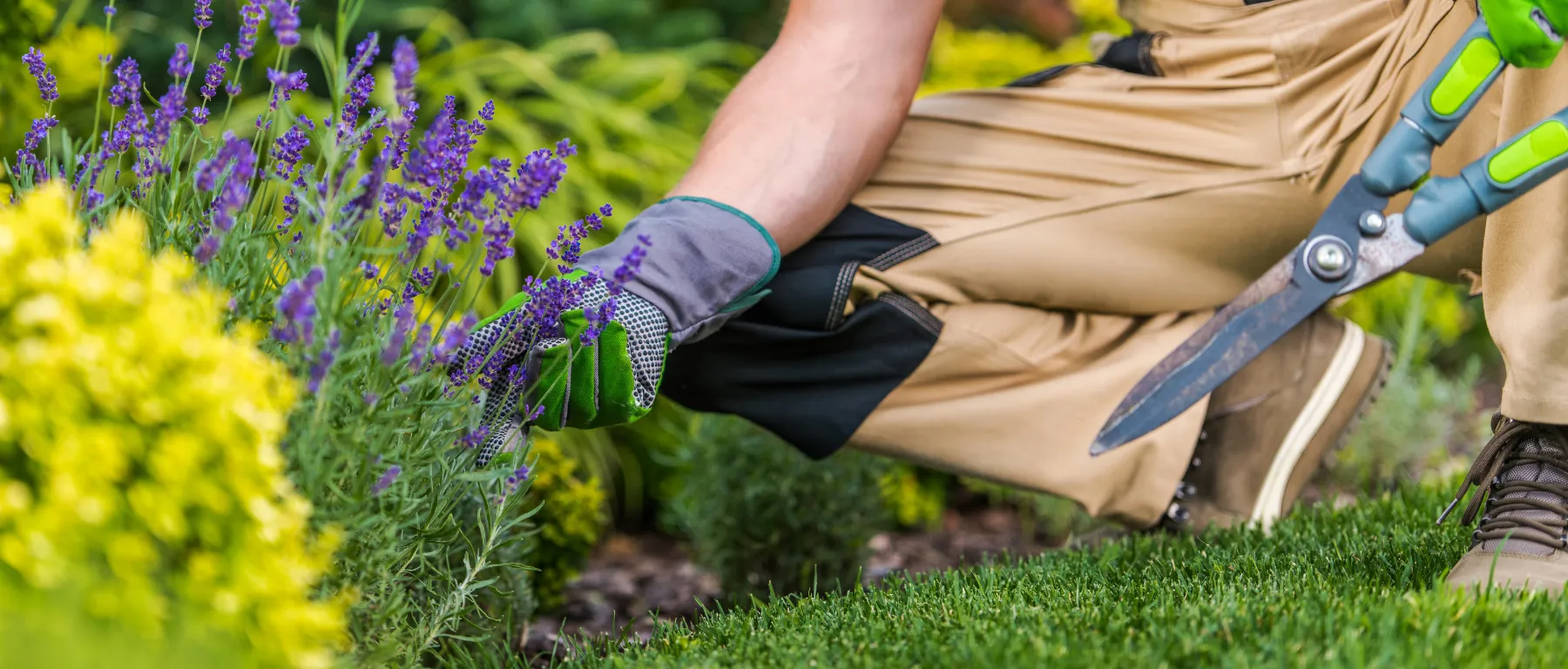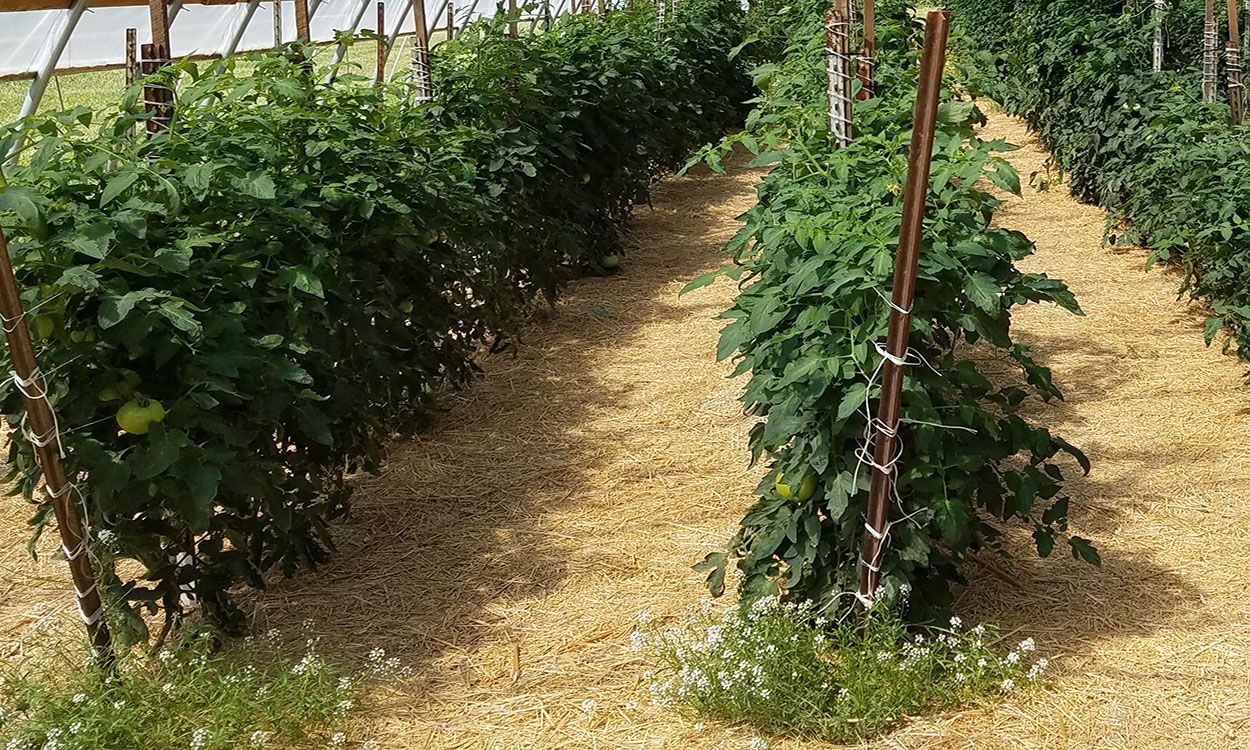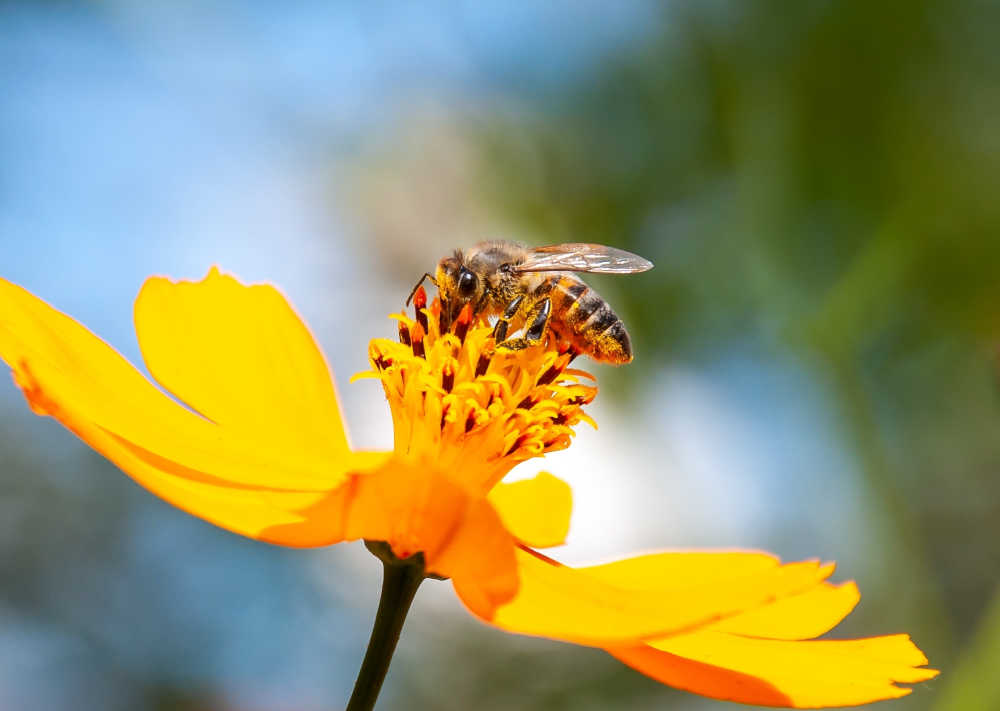
×

Cultivating is more than fair planting seeds and watering once in a while. Whether you're supporting houseplants on an overhang or keeping up a full terrace cultivation, utilizing the right Gardening hacks for better plant growth can essentially make strides plant wellbeing and abdicate. With straightforward, eco-friendly, and viable tips, indeed amateur nursery workers can accomplish rich greenery and dynamic blooms.
In this direct, we’ll cover 15 tried-and-tested hacks that advance quicker plant development, make strides in soil quality, avoid common illnesses, and make cultivating less demanding and more sustainable.
One of the most neglected however fundamental angles of solid plant development is soil quality. Plants can establish themselves firmly in rich, well-draining soil that has been supplemented.
Soil Advancement Hacks:
These simple soil enhancement tips normally boost ripeness and structure, improving root development.
Banana peels are wealthy in potassium and phosphorus—two crucial supplements for blooming and fruiting plants.
Hack:
Chop banana peels into little pieces and bury them a few inches into the soil close to your plants. On the other hand, mix them with water to make a potassium-rich compost tea.
This is one of the least difficult natural planting hacks for advancing solid stems and dynamic flowers.
Companion planting is a savvy cultivating trap where certain plants are developed together to upgrade development, repulse brothers, or make strides in soil nutrients.
Examples:
This methodology not as it were advances way better plant wellbeing but moreover boosts biodiversity in your garden.
Composting is a maintainable way to reuse kitchen squander whilst enhancing your cultivated soil.
Composting Tips:
A well-maintained compost heap makes nutrient-dense humus that fills solid plant growth.

Mulching ensures soil from disintegration, holds dampness, and stifles weeds.
Mulching Techniques:
This DIY plant care hack preserves water and keeps roots cooler in hot weather.
Overwatering is a common botch that can suffocate roots or empower form. To build strong root systems, it is essential to water deeply and infrequently.
Watering Plan Hack:
Following a legitimate watering plan guarantees your plants remain hydrated and sound without squandering water.
Pruning is not fair around forming a plant. It evacuates dead or infected parts and invigorates modern growth.
Pruning Tips:
This plant care strategy progresses, discusses circulation and coordinates vitality to sound parts.
Epsom salt contains magnesium, which is basic for chlorophyll generation and supplement absorption.
How to Use:
Great for tomatoes, peppers, and roses, this is a successful domestic cultivating tip.
Use a do-it-yourself, smaller-than-expected greenhouse to shield young plants from harsh weather conditions.
Hack:
Cut the foot of a clear 2-liter bottle and put it over your seedling. This traps dampness and warmth, making a controlled environment.
Ideal for indoor cultivating or amplifying the developing season outdoors.

Pollinators like bees and butterflies are vital for fruiting plants.
Pollinator-Friendly Hacks:
A pollinator-friendly plant increases bloom generation and vegetable yield.
Chemical weed executioners can hurt adjacent plants. Instep, utilize a vinegar-based weed splash for characteristic weed control.
DIY Vinegar Spray:
It’s a speedy and viable eco-friendly planting trick.
Beyond composting, personal kitchen scraps can be utilized straightforwardly in the garden.
Kitchen Scrap Hacks:
These normal plant development tips diminish squander and progress soil health.
Rotating where you plant vegetables each season avoids soil exhaustion and decreases bother buildup.
Rotation Hack:
Alternate plant families each year (e.g., don’t plant tomatoes in the same spot where you developed them final year).
This is a key rule in natural planting practices.
Neem oil is a normal pesticide that controls aphids, vermin, and whiteflies without hurting advantageous insects.
How to Use:
An amazing alternative to chemical splashes that leads to cost-effective gardening.
For those with restricted daylight, Driven develop lights can be a game-changer.
Light Hack:
This guarantees solid indoor plant development, particularly for herbs and succulents.
Read More:- Are Tuesdays Still Senior Discount Days at Moody Gardens?
Incorporating these Gardening hacks for better plant growth doesn’t require an enormous budget or master knowledge—just a bit of arranging and consistency. By improving your soil, optimizing watering, empowering pollinators, and utilizing eco-friendly arrangements, your plants will flourish more actually and resiliently.
Whether you're a fledgling or prepared green thumb, these plant development tips and traps can change your cultivating encounter and lead to superior yields, more beneficial plants, and a more feasible environment.
.